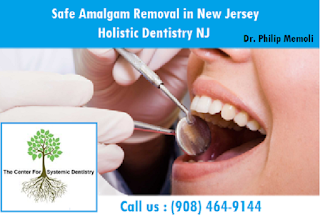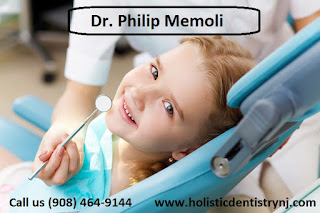Find The Best Treatment of Safe Removal Mercury Amalgam in Berkeley Heights, NJ

Many patients have heard the term “mercury toxicity” associated with fillings but still have many questions about it: what is it, am I affected by it, and what can be done to re-mediate it? Mercury toxicity, also called mercury poisoning, is caused by a high level of mercury in the body. The presence of mercury has been shown to cause a wide range of chronic and acute health problems affecting all major systems in the body. Among the latter, common arguments against the procedure include: All the mercury has already leaked out. Additional tooth structure will be lost by removing existing dental work. The patient will be exposed to toxic levels of mercury vapor being released as the fillings are drilled out. The New Jersey Department of Environmental Protection operates the Dental Amalgam Program , which contributes to significant reductions in the discharge of mercury into the environment. Additionally, the Occupational Sa
